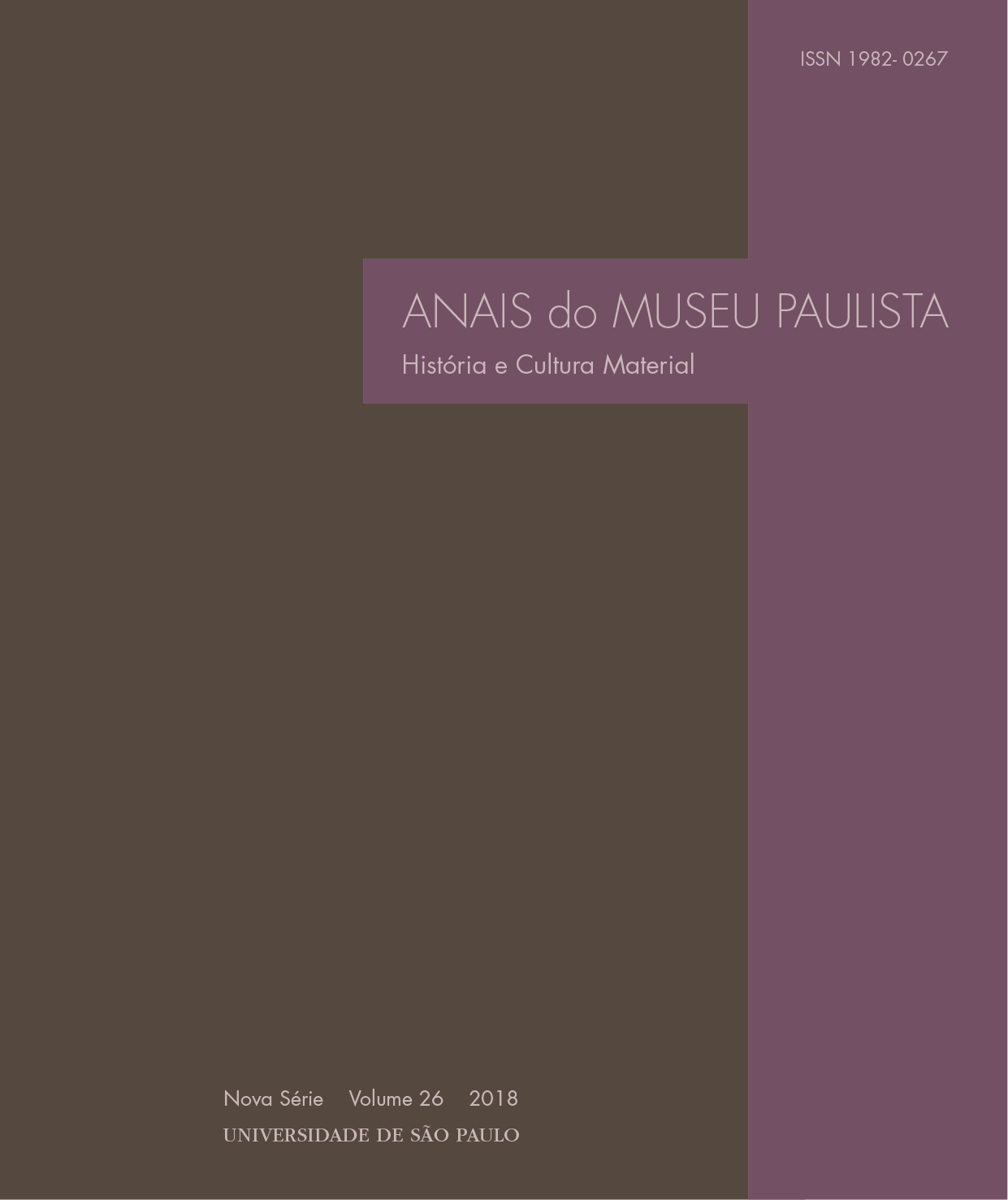Teaching objects and science and technology heritage in Brazil and Portugal: contributions from surveys and inventories as instruments for preservation in secondary schools
DOI:
https://doi.org/10.1590/1982-02672018v26e30Keywords:
Inventory, Science and technology heritage, Brazil, PortugalAbstract
This study offers some reflections about cultural heritage in secondary schools, analyzing some initiatives to survey and enhance the value of teaching objects as cultural assets. An analytical profile of inventories of cultural heritage at secondary schools in Brazil and Portugal is presented. Considering the perspective of science and technology heritage, the methodology involved a literature review and direct contact with institutions to survey and compare the state of inventory-based research of such objects. The initiatives studied here were found to be asymmetrical, requiring standardization and more in-depth analysis to encompass different types of education, thus obtaining more consistent and effective results from a preservation perspective. Nonetheless, there is a growing movement to identify and preserve these artifacts in both countries.
Downloads
Downloads
Published
Issue
Section
License
Autores que publicam nesta revista concordam com os seguintes termos:
- Autores mantém os direitos autorais e concedem à revista o direito de primeira publicação, com o trabalho simultaneamente licenciado sob a Licença Creative Commons Attribution que permite o compartilhamento do trabalho com reconhecimento da autoria e publicação inicial nesta revista.
- Autores têm autorização para assumir contratos adicionais separadamente, para distribuição não-exclusiva da versão do trabalho publicada nesta revista (ex.: publicar em repositório institucional ou como capítulo de livro), com reconhecimento de autoria e publicação inicial nesta revista.
- Autores têm permissão e são estimulados a publicar e distribuir seu trabalho online (ex.: em repositórios institucionais ou na sua página pessoal) a qualquer ponto antes ou durante o processo editorial, já que isso pode gerar alterações produtivas, bem como aumentar o impacto e a citação do trabalho publicado (Veja O Efeito do Acesso Livre).



